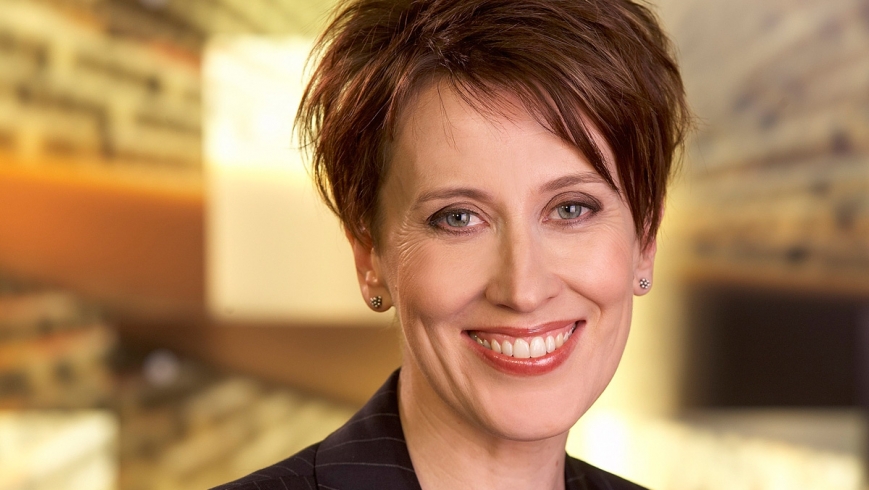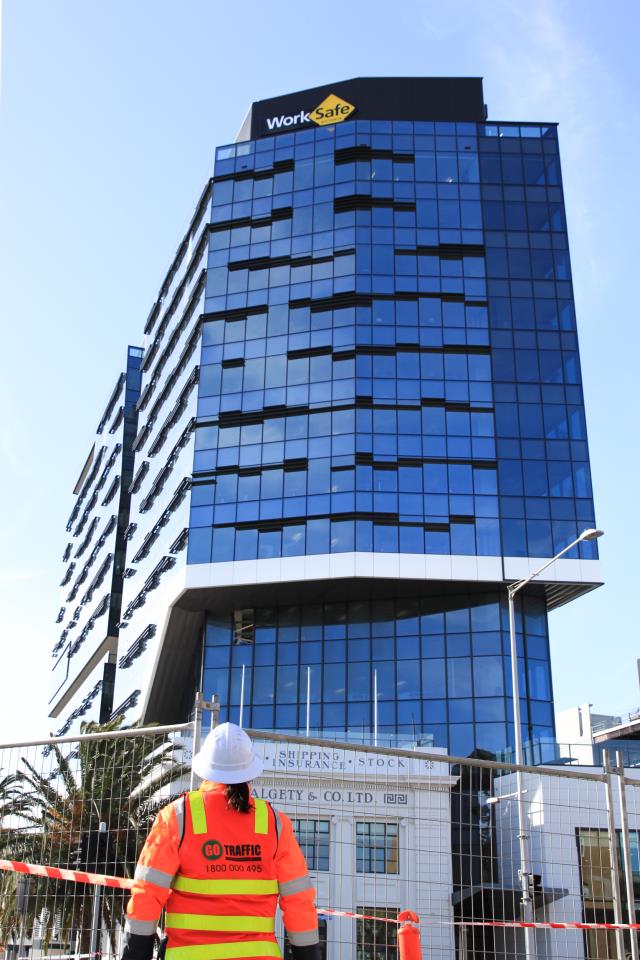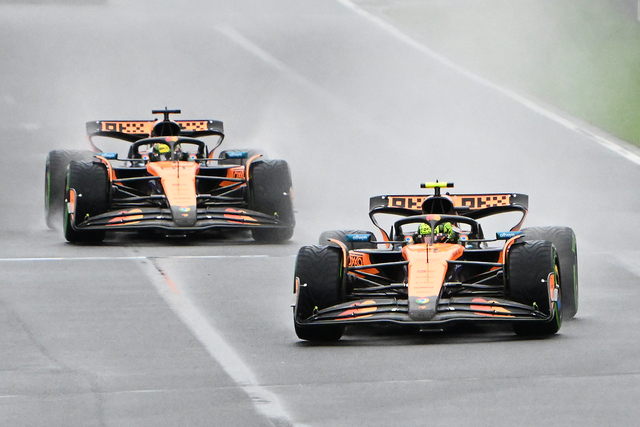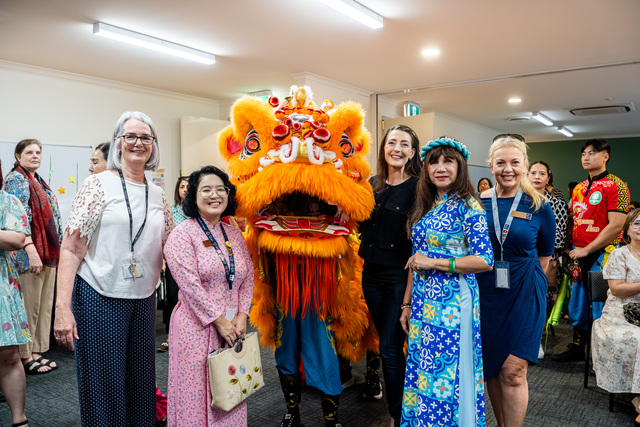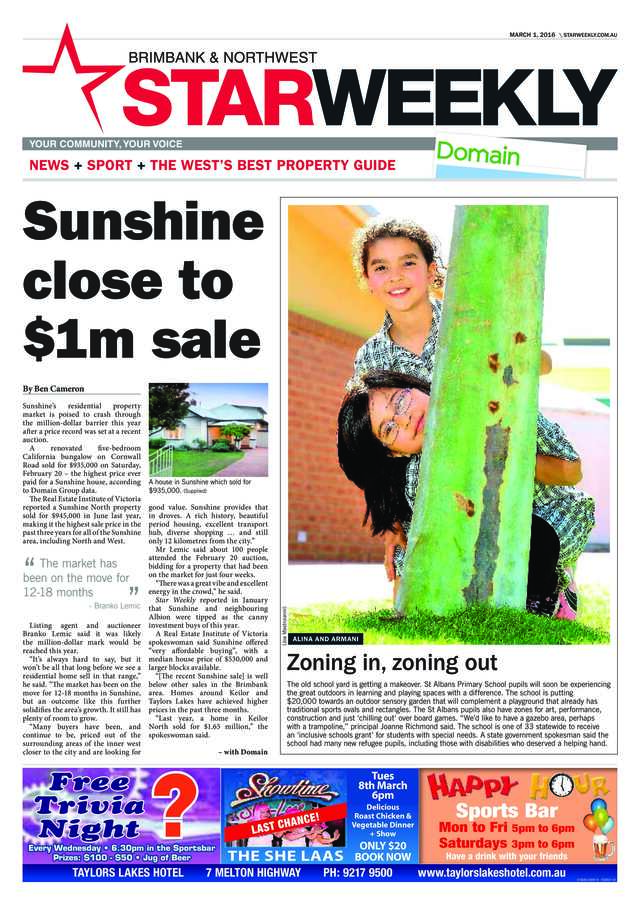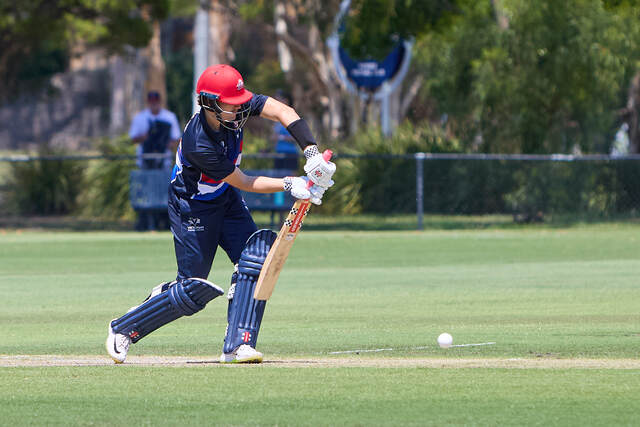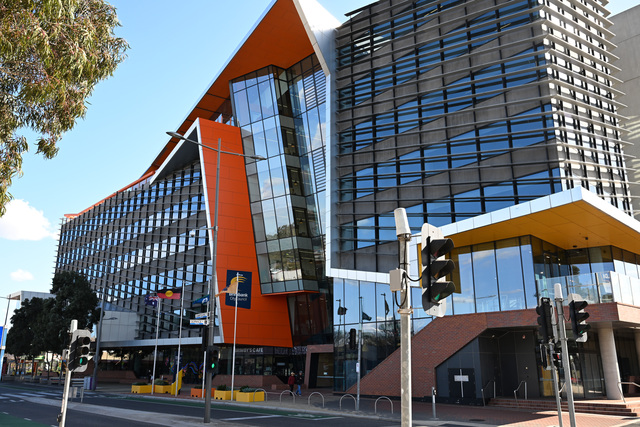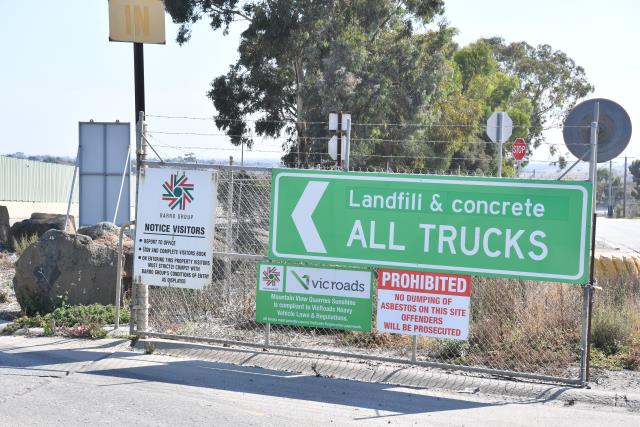When a colleague of mine was recently asked how much longer he had kids at school, he smiled sardonically and replied, “$150,000 longer”.
That family’s choice of educating their brood at one of Melbourne’s most prestigious schools came at a cost that is quantifiable to the tenth decimal point.
They have the itemised invoices, “building donation” receipts and term fees to prove it. But did they end up getting the education they wanted for their children?
With genuine admiration, my friend describes his son’s friends and school chums as a group of “very impressive young men”. There’s a sense of relief when he says it: that’s one big job out of the way.
If you are fortunate enough to have the money to make the choice, the selection of school for your children is a sobering one. For some, it’s a battle of waiting lists and connections to get into the most coveted institutions.
For others, the dilemma is whether all that money – starting at $20,000 a year plus many, many extras – actually results in a better education. For everyone else, there’s the simple hope that the local state school is going to be good enough.
But it’s getting harder and harder to ignore the research proving that private and independent schooling delivers no better educational outcomes than government schools. There appears to be no correlation between how much you pay and the quality of the education your child will receive. The evidence is growing and the voices in support of the arguments are increasing. Welcome to one of the greatest heresies of our time.
This week it was the turn of University of Canberra researcher Jennifer Chesters, who extensively analysed Bureau of Statistics household income data to reveal not only that private education is not the best preparation for university (more private school students drop out than state school ones) but that it’s no guarantee of a better job after uni, either.
Those who attended a Catholic school were slightly better off, but Chesters revealed that former independent school students were no more likely to be employed full-time than those who attended a government school.
In which case, what’s the point?
For many parents the point is a school community and a connection that in the best cases can last beyond the formal class years. Some state schools have this but independent schools are well known for fostering a sense of history and belonging that means a great deal to some families. That, and the promise of a decent ENTER score, is well worth the fees.
But in the end, it seems what you’re paying for – or not paying for – is educational leadership and the creation of a positive culture of learning and teaching, and that can occur – or not occur – in any school at any time. And leadership varies enormously, and it comes and goes. We had it, for a brief period of time, at my state secondary school and I was the beneficiary of it.
One of the most-admired educators in Victoria recently retired from his successful independent school, and now many anxious eyes are fixed on his replacement: will this man be as good as his predecessor? Will the educational outcomes be as exalted? There’s no guarantee.
As Chesters acknowledges, parents send children to private schools for many reasons: but if the primary one is a serious leg-up in life after school or after uni, then there seems to be little evidence to support this. As my friend with the outstanding school-fee bill ruefully acknowledges, with parents who care about education and are happy to engage with their kids at home, the children probably would have done just as well at High Street High.

